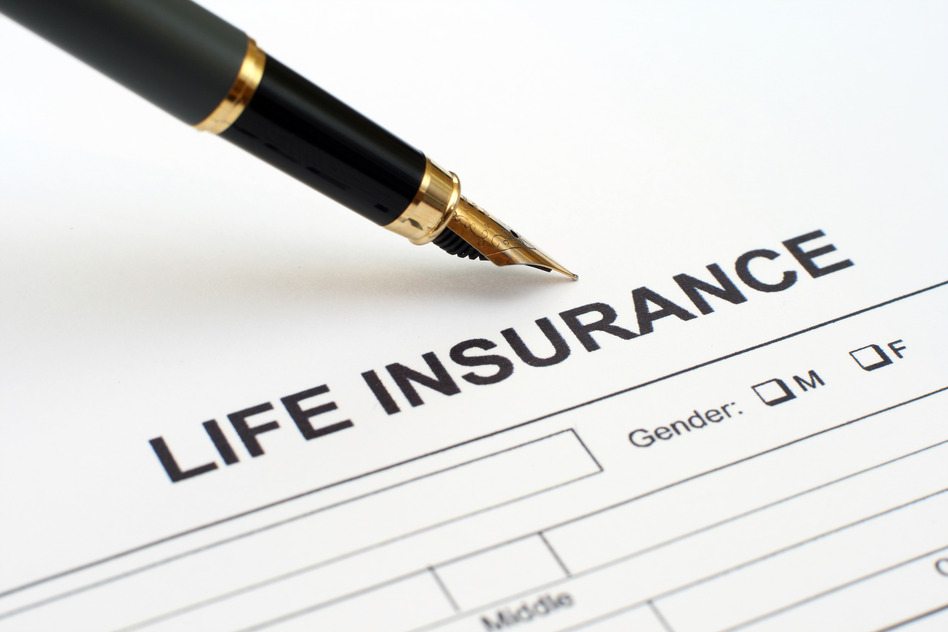Credit scores are used to assess risk, such as how likely you are to pay a bill and pay it on time. Poor credit can affect everything from a car loan to a home loan, and a low credit score can indirectly affect your life insurance rates.
While a low score won’t directly lead to higher insurance rates, other aspects of having poor credit — such as bankruptcy — can lead to much higher rates, sometimes double.
Triggers for credit check
A life insurance application asks all kinds of questions, but usually a credit score isn’t one of them, says Ted Bernstein, founder of Life Insurance Concepts. However, the insurance company will likely seek an applicant’s permission to explore their credit history with a box to be checked on the application that authorizes a credit check.
Some “triggers” on the application may lead to a credit check, Bernstein says. These include job loss, bankruptcy and having enough income to afford the life insurance you want to buy.
“‘What the insurance companies are looking for from the vast perspective is a train wreck,'” he says.
Most life insurance buyers have good or excellent credit and can afford it, Bernstein says. But people who are out of work and want insurance can still be approved, he says, and a credit check can help ensure that they can afford it, will pay the premium on time, and will hopefully remain a customer for four to six years.
“They want to make sure you can afford what you’re buying and you stay with them for awhile,” Bernstein says.
Effects of bankruptcy on life insurance
While a poor credit score of 600 doesn’t lead to denial by itself — just as an 800 score won’t lead to a discount — a low score and related factors could lead to 3-5% price increase in life insurance rates, Bernstein says. “You’re not getting the best class that the insurance companies offer,” he says of a few percentage point changes.
[pull_quote align=”left”]”A poor credit score might lead them to a lower underwriting class,” says Ted Bernstein, founder of Life Insurance Concepts.[/pull_quote]”A poor credit score might lead them to a lower underwriting class,” Bernstein says.
Life insurance rates won’t be any different for someone with a 600 score versus a 750 credit score, says Liran Hirschkorn, an independent insurance agent. “However, credit can affect your score when you have a history of judgments or bankruptcy,” Hirschkorn says.
“Typically if you have filed a bankruptcy and it hasn’t been discharged yet, you may not get approved for life insurance,” he says. “Some companies will approve you if you have a payment plan set up and can show proof you are making payments.”
If that’s the case, you probably won’t qualify for the preferred plus or preferred rate, and your best rate may be a “standard rate,” Hirschkorn says. A 40-year-old man applying for $500,000, 20-year term life insurance at the preferred plus rate in excellent health might pay $350 a year, while the standard rate would be $735, according to Hirschkorn says.
One area of a credit score that sometimes gets people into more financial trouble is paying bills late. That’s one error you don’t want to make when a life insurance premium is due.
“Paying late with life insurance, you don’t get a lot of wiggle room,” Bernstein says, “because if you pay too late, you might lose coverage.”




